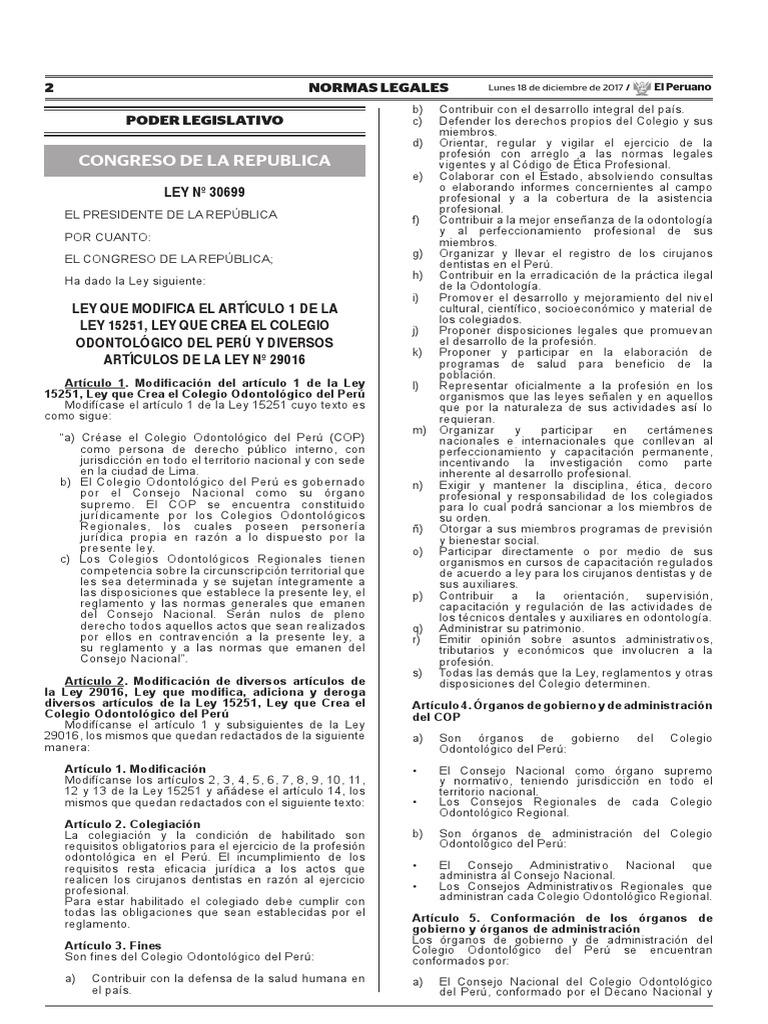Today's race and the future of the digital world
By Sebastian Buffo Sempé (*)
And in this reality, companies know that the new gold is information. Digital data is the fuel that powers the engine of the global economy.
The massive data that is generated today and the ability to process it are key to decision making. In terms of value generation, the data economy has allowed the emergence of new business models, which are changing the structure of many markets and productive sectors. We are even now talking about data-based companies, where data is the epicenter of processes and decision-making.
A piece of data by itself has no value, and neither does a lot of accumulated raw data. But their treatment and scientific analysis turn them into useful, original and profitable knowledge. The emergence of Big Data and Data Science allowed the leap to this new level. Companies need to know their customers and their behaviors before making decisions, and this is where these disciplines show their potential.
These are some advantages of applying Data Science in companies:
· Segmentation of potential customers to influence their purchase decision.
· Feasibility and profitability analysis of new products to be developed.
Increased knowledge of customers and their preferences
· Better marketing campaigns
· Better strategies in social networks, e-commerce, etc.
· Detection and quantification of possible risks of customer loss.
Data Science comprises a combination of statistical methods, mathematics, computer science, and communication skills to convey the results achieved. Data can come from online sources like social media, e-commerce sites, and surveys, or from offline and mixed services like spreadsheets, in-store customer interactions, focus groups, market research, and customer feedback. .
Data science achieves that a person has the ability to analyze the information obtained through various channels. We may not be aware of the situation, but every time we navigate we leave a digital trail. This information footprint can be captured to draw conclusions and make decisions.
Data Science: sectores de aplicación

1. Cybersecurity: to identify possible threats and act accordingly. This identification is made from system data and network resources. Patterns are searched for and an alert is issued when abnormalities are found.
2. Finance: for the detection of payment fraud. The systems can cross-reference data from various customer sources and predict or detect fraudulent scenarios.
3. Insurance: The insurance sector is another one that benefits from Data Science. By analyzing driving habits using sensors, an insurance company can calculate a customer's accident risk and offer a personalized quote for him or her.
4. Medicine: the analysis of images in the identification of diseases is a perfect candidate to apply Data Science. When the images are obtained in a CT, X-ray or ultrasound, the recognition systems begin to be better even than the human specialists themselves.
5. Industry: Predictive maintenance is a clear example of the application of Data Science in industry. The machines, logistics systems and other elements of an industrial plant integrate thousands of sensors that collect data on temperatures, hours of operation, speeds, distances, noise level, etc. This data allows companies to improve their maintenance programs.
6. Marketing: Data Science is capable of using social networks as sources in real time. In this way, it is possible to predict the demand for a product to create it from offers segmented by socioeconomic level, cultural preferences, purchasing power, etc.
7. Automation: it is one of the most ambitious territories of Data Science. Automating the parking of a car is not the same as automating the entire drive, so there is still a long way to go on this path.
8. Energy: in the energy sector, Data Science is applied to different areas, such as predictive maintenance of its facilities and infrastructures and distribution networks, or consumption forecasting, to schedule energy generation tasks.
¿Por qué estudiar Data Science?
In recent years, accelerated by the Covid 19 pandemic, numerous jobs have been generated within the IT world and the role of Data Scientist is one of the most required today. This is a professional profile that transforms large amounts of data into valuable information in order to make decisions based on objective information. He or she is in charge of studying and interpreting the data extracted from the analysis and thus helping the company or business to determine the correct strategies or actions.
Certain skills are needed to display the required talent, such as:
· Coding Skills: these are the skills acquired to handle different types of data in different formats and for which there is no single integration method in a Data Science project. They are abilities to look for relationships, predictions or useful patterns in a certain sector or business area.
· Subject Matter Expertise: refers to the knowledge of the area of activity or the business from which the data comes. The same data, in different business areas, is also handled differently
· Disciplines such as Machine Learning or traditional analytical methods are subsets of knowledge areas, while Data Science encompasses them all.
Un bootcamp en data science permite el acceso a un puesto capaz de desarrollarse y evolucionar a medida que nuevas tecnologías se van desarrollando e incorporando día a día.
The processing of large amounts of data is seen as one of the professions of the future along with the tasks or areas in which technology, the digital or online terrain are the basis.
(*) Co-founder of Le Wagon Latin America








